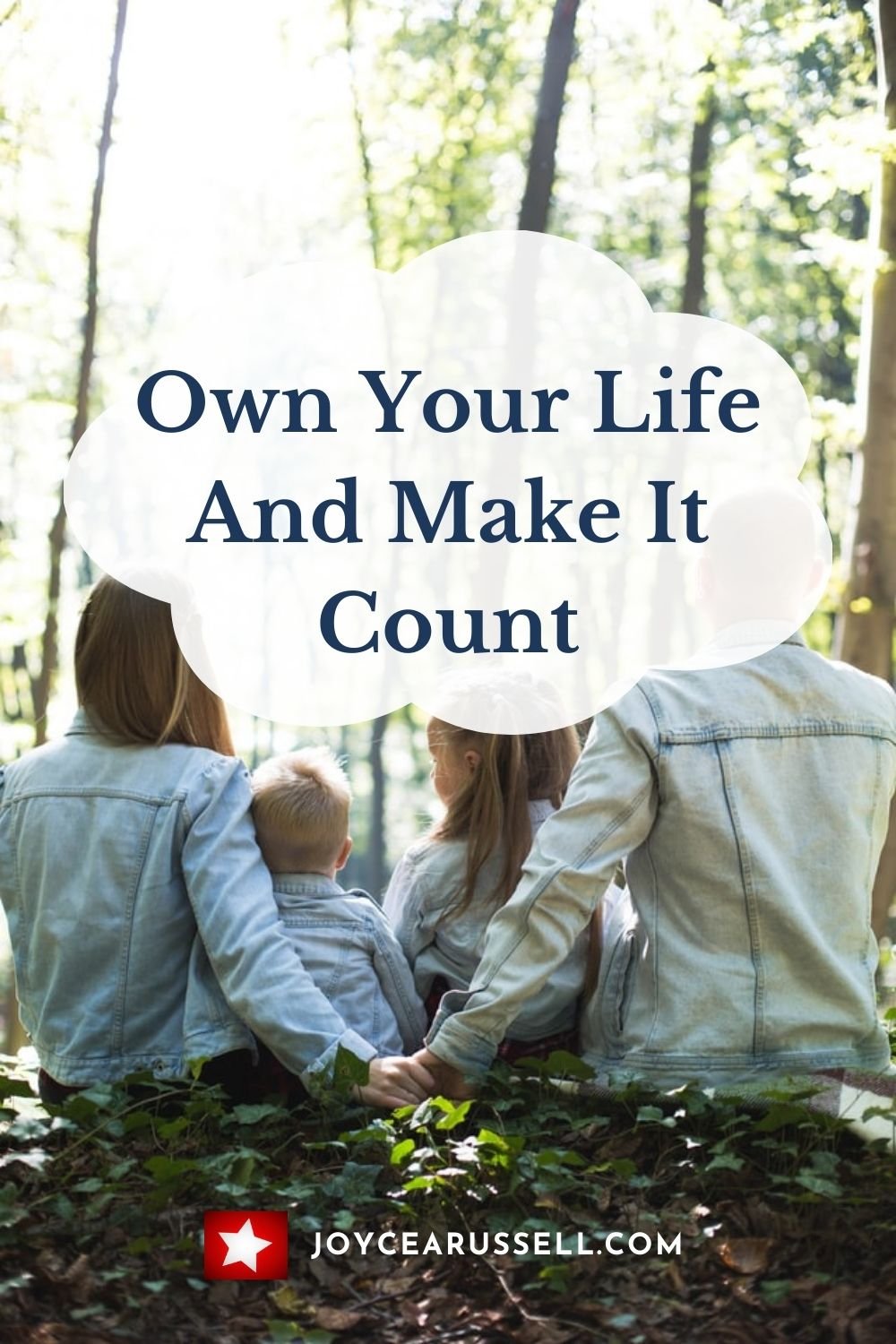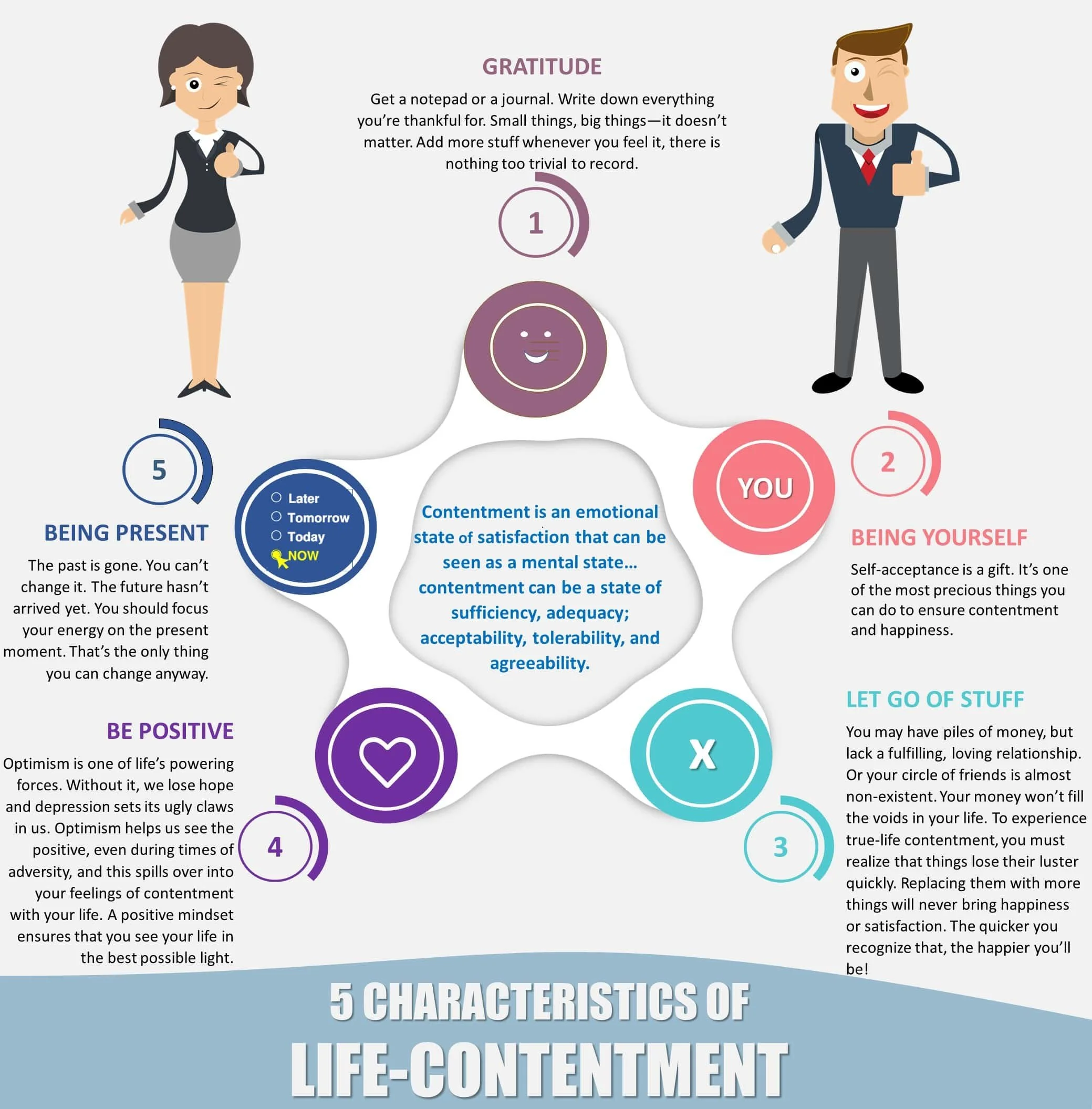Gram’s Wisdom 53
Do you know someone whom everyone likes? I did, for many years. It was my Gram. Everybody liked her. Young people, old people, and even small children. They all went away with the feeling that they had just met their new best friend. Some people have this ability to skate through life, beloved by everyone. They find it easy to make friends and rarely ruffle anyone's feathers.
All my life I stood in awe of Gram’s ability to draw people to her magnetically. I am a dyed-in-the-wool introvert, so I always believed it was her exceptionally extroverted personality that made her so likable. She, on the other hand, had always believed that these 4 things were the biggest contributing factors to being liked.
Be kind to others, even when they are not kind to you.
Find something to be grateful for every day.
Focus on the positive aspects of life.
Be a good listener.
Since she has been gone, I have had time to give serious thought to the skills and behaviors she and other especially likable people have in common and expanded her list. I knew she wouldn’t mind.
If you are interested in learning more about the habits of likable people, continue reading.
They are honest and genuine.
Honesty is a key ingredient in likability. You can't be likable if you are constantly lying, it will catch up to you eventually. People are drawn to those who are truthful and trustworthy. When you are honest, you build trust with others, which makes them more likely to like you.
There are many benefits to being honest. For one, it can help you build stronger relationships with others. When you are honest with your friends, family, and colleagues, they can trust you and rely on you. This can lead to deeper and more meaningful relationships.
Likable people are also genuinely themselves. They don't act like anyone else; they are happy with who they are. When you are authentic, you attract people who appreciate you for who you are. You also make it easier for people to connect with you on a deeper level.
Being authentic can be difficult, especially in a world where we are constantly bombarded with messages about what we should look like, act like, and think like. However, it is important to remember that there is no one right way to be. The most important thing is to be true to yourself.
If you want to be a likable person, it is important to be authentic. Be yourself, and don't be afraid to show your true colors. People will appreciate that about you.
They give freely.
You don't have to give away everything you own to be likable, but being willing to give without receiving anything in return is a key trait of a likable person. People are drawn to those who are kind and giving. When you are willing to give of yourself, you make others feel valued and appreciated. This can lead to deeper relationships and a more positive social environment.
Giving is a sign of kindness, compassion, and generosity. These are all qualities that people admire and respect. You can give your time, your money, or your skills. When you give emotional support or simply a listening ear, this can make a real difference in the lives of those around you. No matter how you choose to give, it is important to do so with a genuine heart.
They are happy to see others succeed.
When someone you care about achieves something great, it is natural to feel happy for them. Likable people take this happiness to the next level by celebrating their friends and family's accomplishments. They are genuinely happy to see others being rewarded, and they do not feel threatened or jealous. They allow them to bask in their glory.
There are many benefits to being around people who are happy to see you succeed. For one, it can boost your self-confidence. When you know that your friends and family are rooting for you, it can make you feel more capable and motivated.
Additionally, being around people who celebrate your accomplishments can help you build stronger relationships. When you feel supported and appreciated, you are more likely to feel close to the people in your life.
Finally, being around people who are happy to see you succeed can make you happier overall. When you are surrounded by positive people, it is easier to focus on the good things in life.
They ask thoughtful questions and listen attentively.
It is often said that we should listen two times as much as we speak. Likable people take this a step further. Listening is a skill often overlooked but is one of the most important skills you can have. When you are a good listener, you show you care what the other person has to say. This can make them feel valued and respected.
Additionally, being a good listener can help you learn more about the people and world around you. When you listen attentively, you can pick up on things that you might not otherwise notice. This can give you a better understanding of their thoughts, feelings, and motivations.
In addition to being good listeners, likable people also ask thoughtful questions. This shows that they are interested in what the other person has to say and that they are paying attention. It also helps you to keep the conversation going and to learn more about the other person.
Ask open-ended questions that can’t be answered with a simple yes or no answer.
Ask questions that are relevant to the conversation.
When asking questions, it is important to be sincere and to ask questions that you are genuinely interested in the answer to. Avoid asking questions that are too personal or that could make the other person feel uncomfortable. It is also important to be respectful of the other person's time and not ask too many questions.
They are positive.
It’s much more enjoyable to spend time with positive people. They might not always be over-the-top happy, but likable people tend to think and behave positively. They are cheerful and will always look for the silver lining in any situation. When you are positive, you make others feel good, and you create a more enjoyable atmosphere for all.
There are benefits to being a positive person. First, it can help you attract positive people into your life. Remember like attracts like. This can lead to more robust relationships and a more positive social environment.
Second, being positive can help you improve your health. Studies have shown that positive people tend to have lower stress levels, better immune systems, and longer lifespans.
Third, being positive can help you achieve your goals. When you are positive, you are more likely to believe in yourself and your ability to succeed. This can lead to greater motivation and accomplishment.
Last, likable people are grateful. They appreciate the advantages that come with positivity.
They are less judgmental than most.
Likable people tend to be less judgmental than the rest of us. If they do judge someone, they will do it silently. They believe that "live and let live" is the best attitude to adopt if your actions cause no harm to anyone. They are less likely to create drama or begin arguments. They are more likely to be supportive and encouraging. As a result, people are more likely to want to be around them.
Likable people also tend to be more understanding and forgiving. They are less likely to hold grudges or to dwell on the negative aspects of a situation. They are more likely to see the good in people giving them the benefit of the doubt by focusing on their strengths rather than their weaknesses.
Likable people are more accepting of differences. They understand that everyone is different and that there is no one right way to live. They are more empathetic. They can put themselves in other people's shoes and understand why they might make the choices that they make. Because they are more confident, they don’t feel the need to put others down to make themselves feel better.
They act responsibly.
No one is perfect; everyone makes mistakes at some time or another. Likable people are not afraid to admit when they are wrong. They know that everyone makes mistakes, and they are willing to own up to theirs. They also know that the best way to make up for a mistake is to learn from it and try not to make it again.
Likable people don’t try to wriggle off the hook by blaming others or making excuses. They own up to what they’ve done and simply say “I made a mistake.” They then express their regret for the mistake and let the other person know they are sincerely sorry.
Likable people will do their level best to make amends. This can take the form of an apology to someone you’ve hurt or repairing, replacing something you’ve broken. The object is accountability and learning. They try to understand what went wrong and how they can avoid a repeat of the same mistake in the future.
They are patient.
Likable people are often more patient than others. They don't mind waiting for you to figure out what you want to do. They don't become irritated or annoyed very quickly. They understand that everyone has different needs, and their pace of achievement is also different. They will let you move at your speed, just happy to be in your company.
Likable people are relaxed in manner. They don’t feel the need to rush through things. They find contentment and happiness in taking their time and mindfully enjoying each moment.
Likable people are kind, patient, and supportive because they care about others. They want to make the world a better place, and they know that one way to do that is to be kind to others. They are also patient because they understand that everyone makes mistakes. They are supportive because they want to help others make progress.
My final thoughts are.
Likability can be a skill like any other. Sure, some people come by it naturally, but that doesn’t mean the rest of us can’t practice and adopt the habits of likability. The real secret sauce is for you to genuinely like and care about other people.
For more information, read these posts.
Gift Yourself A Kindness Mindset
13 Habits Of Exceptionally Likeable People
Thank you for taking the time to read this post.





















